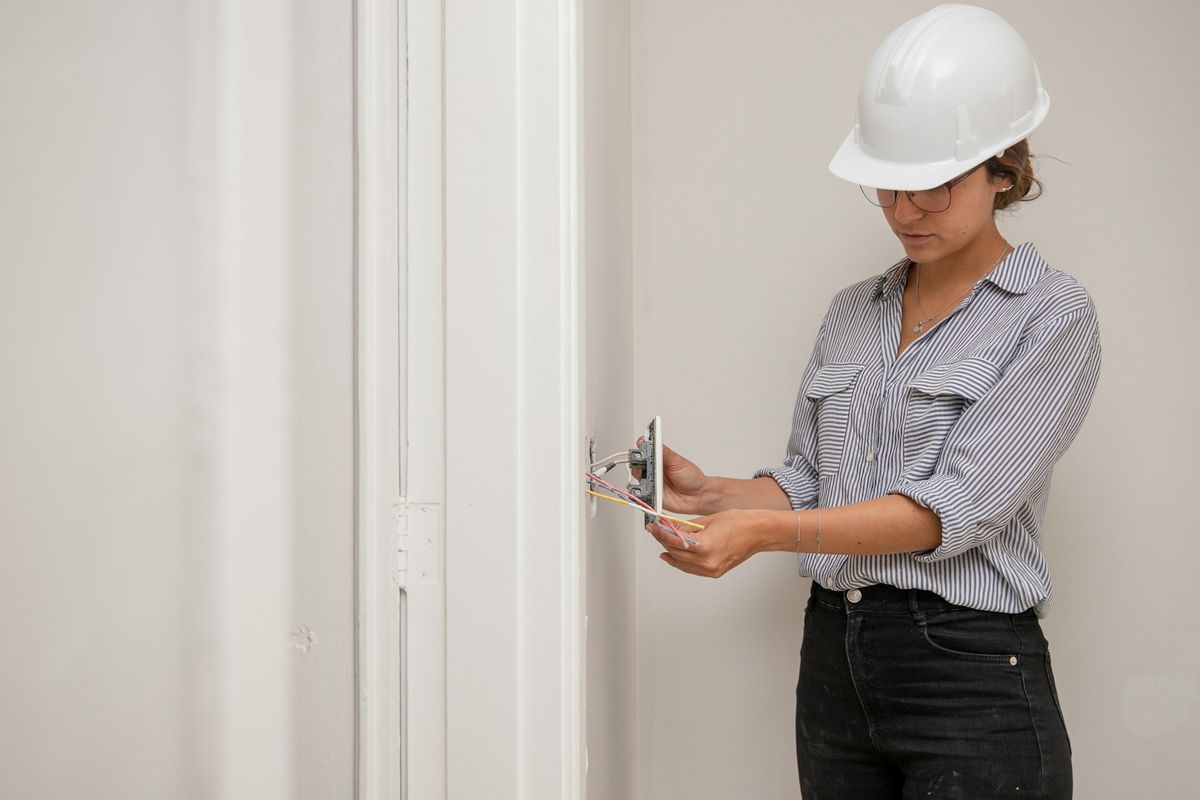
The Ultimate Guide to North Carolina Home Inspections
Martin J Burke
Buying a home is a big decision, and you want to make sure you're getting the best deal possible. A home inspection is a crucial step in the buying process. It helps you understand the true condition of a property before making that big purchase.
During an inspection, a professional checks areas like the roof, plumbing, electrical systems, and more. They look for problems that could affect the home's value or cause issues later on. Knowing about these things can help you decide if a home is right for you.
A good inspection not only reveals potential issues but also gives peace of mind, knowing you have all the facts. It can also be a powerful tool in negotiations, helping you and the seller reach a fair agreement. Buying a home is easier when you have a solid foundation of information, and a home inspection is a big part of that.
Understanding the Importance of Home Inspections
A home inspection is a thorough examination of a property's condition, typically conducted before the finalization of a home sale. It is a critical step for both buyers and sellers, offering insights into the property's overall state and identifying any potential issues that might need addressing. For buyers, an inspection provides an unbiased review of the property, ensuring they are making a sound investment. Sellers can use inspections to uncover any problems that could deter potential buyers and address them beforehand.
Common issues uncovered during home inspections include malfunctioning electrical systems, plumbing leaks, roofing damage, and foundation concerns. These problems can significantly affect the property's value and the buyer's decision. For instance, a faulty electrical system might require expensive repairs, while a leaky roof could lead to further structural damage if not fixed. Knowing about these issues upfront allows buyers to negotiate the sale price or request repairs from the seller, ensuring they get a fair deal.
Home inspections offer peace of mind by reducing uncertainties associated with property transactions. Buyers gain confidence that they aren't stepping into a home with hidden defects, while sellers show their commitment to transparency. Moreover, inspection findings can become a powerful tool during negotiations, allowing for well-informed decisions and smoother transactions.
What to Expect During a Home Inspection
Understanding the general process and timeline of a home inspection helps buyers and sellers prepare for this crucial step. Typically, a home inspection lasts between two and four hours, depending on the property's size and condition. It involves a thorough check of the home’s structural and mechanical components to gauge their current state and any potential future issues.
Key areas evaluated during a home inspection include:
- Roofing: Inspectors look for signs of leaks, wear, and proper installation.
- Electrical Systems: Checking all outlets, wiring, and panel conditions to ensure safety.
- Plumbing: Pipes, drains, and water heaters are inspected for leaks and functionality.
- Structural Components: Foundation, walls, and ceilings are examined for any damages or weaknesses.
Home inspectors play an essential role in this process, ensuring everything is scrutinized carefully. They provide a detailed report after the inspection, summarizing their findings and highlighting any areas of concern. This report serves as a crucial document for further negotiations and decision-making, helping all parties understand the property's condition and necessary actions. By being well-prepared, buyers and sellers can approach the inspection process with confidence, ensuring nothing is overlooked during this important step.
Choosing the Right Home Inspector in North Carolina
Finding a skilled home inspector in North Carolina ensures you receive a comprehensive evaluation of a property's condition. To select the right professional, consider the following criteria:
- Experience: Look for inspectors with several years in the field who have seen various property types and issues.
- Qualifications: Check for certifications or licenses relevant to North Carolina, such as membership in the American Society of Home Inspectors (ASHI) or similar organizations.
- Insurance: Confirm they hold errors and omissions insurance, which protects you if they miss significant defects.
Evaluating an inspector’s credentials is key. Review their past work through online reviews or testimonials from previous clients. This feedback can provide insight into their reliability and thoroughness. You should also verify their standing with local licensing boards or professional organizations where you're more likely to spot any red flags regarding their service quality.
Before hiring, ask potential inspectors essential questions like:
- How long does a typical inspection take?
- Can you provide a sample report?
- What areas do you inspect, and what do you not?
- Do you offer any follow-up consultations after delivering the report?
Choosing wisely helps avoid missed defects and ensures a smooth property transaction.
Making Use of the Inspection Report
Once you receive the home inspection report, interpreting its findings becomes crucial. While the report outlines potential issues, it helps prioritize which concerns are deal-breakers and which are minor fixes. Pay attention to comments on major systems like roofing or electrical, as these can lead to significant costs if not addressed.
When addressing issues, use the report to negotiate with the seller. If major repairs are needed, you might request them to lower the sale price or complete the repairs before closing. List the most urgent issues to discuss these with your agent, who can help construct a strong negotiating strategy. Consider obtaining estimates for repair costs to back your negotiation points.
The inspection report also influences your final buying decision. If the report reveals extensive issues, you might reconsider your offer or even walk away if the problems exceed your comfort level. Alternatively, for minor issues, use the report to plan upcoming home maintenance.
Conclusion
Choosing the right home inspector in North Carolina and effectively using their report can greatly impact your real estate transaction. By preparing well and seeking expert advice, you gain confidence in your purchase, knowing you've made an informed decision. The insights gathered from the inspection help you negotiate better terms and anticipate future home maintenance needs.
If you're navigating the real estate process and need expert guidance, contact Martin J Burke for professional support. Our team is dedicated to helping you find the perfect home while avoiding costly surprises. Work with us to ensure your real estate journey is successful and stress-free.
